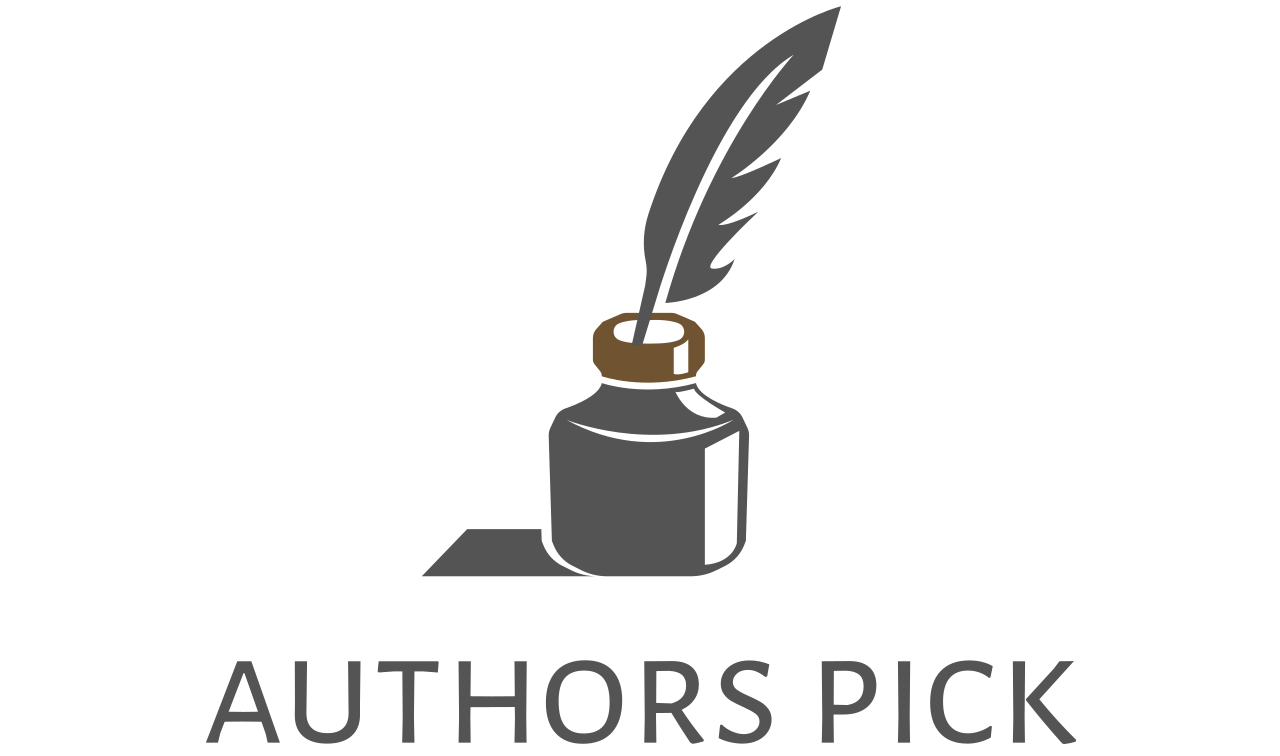
Is Conversing in Flawless English a Measure of One’s Intelligence? International Scientists Disagree

There are no two ways about it – English is the global standard when it comes to science. But the question we’re dealing with is that is it really justified? After all, not every scientist is a native English speaker, and as such, even after possessing immense knowledge on a subject, he/she can struggle with the language’s nuances (hmm, ain’t that a pickle…).

Pexels | Researchers belonging to a non-English speaking background often struggle with the nuances of the languages
Now the problem is, even though tutoring and mentoring can help, understanding English isn’t limited to only getting the hang of the language; you need to understand the whole culture as well. The idioms can be never-ending, a single word can have multiple different meanings, and the vocabulary is something one might easily get tired of remembering.
Read – Common Writing Mistakes Most Non-native English Speakers Make
Even though you might be able to pull off the conversations at conferences or meetings, quite often, being precise or using that proper word at the proper time can be difficult for a non-native speaker. And that slight slip can make the difference between a sensible paper and a gibberish jumble of words.
It’s a bittersweet symphony
Researchers with a non-English speaking background believe that on the surface, English is quite easy to adapt to. You can quickly learn how to express yourself with simple sentences and words, and sometimes in a conversation, it doesn’t even matter if you use the wrong tense or mix up the singulars and plurals. But when talking about strictly scientific matters that demand the use of complicated terminology, things can quickly get messy.

Unsplash | Though conversational English is easy to adapt to, things get messy when talking about scientific matters that demand the use of complicated terminology
Typically when working on theses which mixed audiences of native and non-native experts are expected to read or delivering an address to an assorted crowd, the communicator can easily get flushed at the use of the wrong word or phrase at the wrong juncture. At such a time, regardless of how experienced or knowledgeable the researcher is, being nervous or embarrassed is something that can’t be avoided.
Showing off sometimes precedes making sense
Another interesting point of view a non-native philosopher shared was that often, readers expect “writers” to be excessively fluent with the heavy vocabulary. It’s almost like they want each word of the sentence to have multiple syllables in it along with a pun and a “superior” sounding touch. While there’s nothing wrong with expecting class out of a piece of writing, the definition of such class often gets limited to excessive complication instead of simple and conversational.
Read – Formal VS Conversational Writing
What’s the solution to this tricky puzzle?
This deadlock can be resolved if the native English community of researchers come forward to break the invisible wall of ice. Of course, no one expects them to start tutoring the non-native folks, but if they merely create an environment of acceptance, they can allow their foreign counterparts to express themselves more comfortably. Occasionally, constructive feedback can be given on language errors in research papers.

Unsplash | The only way this deadlock can be resolved is if the native English community of researchers come forward to break the invisible wall of ice
Wrapping it up
Come to think of it, global music, television, literature, and entertainment – all originated in English. As such, the desire to master the language is universal. But we agree; it isn’t a cakewalk for everyone. After all, not everyone may get this one-liner – How do astronomers organize a party? They planet! But if you at least understand it and know how to use it in your writing, you’re one step closer to conversing like a native.
More in Celebrity
-
`
The Surprising Lives of 10 A-List Celebrities Before Fame
Fame changes everything, or so they say. But not everyone flips the switch once the cameras show up. Some stay grounded,...
June 17, 2025 -
`
Trump’s Surgeon General Pick Dr. Casey Means Praises ‘Illegal’ Psychedelic Therapy
Psychedelic therapy just landed at the center of the national health debate, thanks to Donald Trump’s latest pick for surgeon general....
June 3, 2025 -
`
5 U.S. Family Vacation Spots You Should Book ASAP
If you are looking for the best family vacation spots in 2025, skip the guesswork. These five places deliver the fun,...
May 27, 2025 -
`
These Stars are ‘Banned’ From the 2025 Met Gala
The Met Gala might be fashion’s Super Bowl, but not every celebrity wants to play. While millions obsess over who wore...
May 20, 2025 -
`
5 Archaic Home Decor Trends That Should Never Come Back
Home decor trends come and go faster than a TikTok challenge. One minute you are painting your walls grey, the next...
May 13, 2025 -
`
5 Reasons Why Everyone Is So Obsessed With Gut Health
Gut health is not just another wellness trend anymore. It is front and center for a reason. From TikTok tips to...
May 6, 2025 -
`
Mother’s Day 2025: Top 6 Family-Friendly Activities to Try This Year!
Mother’s Day activities shouldn’t be stressful or boring. This year, think fun, simple, and memory-making. Whether you are celebrating mom, grandma,...
April 29, 2025 -
`
10 Once-Famous Celebs Who Live Totally Normal Lives Now
Some celebs decide that stardom just isn’t for them. While they once walked red carpets and hit magazine covers, they eventually...
April 21, 2025 -
`
Top 5 Expert Tips for Designing a Home That Lasts a Lifetime
A good home is not just about curb appeal or trendy features. It is about smart choices that make life easier...
April 15, 2025















You must be logged in to post a comment Login